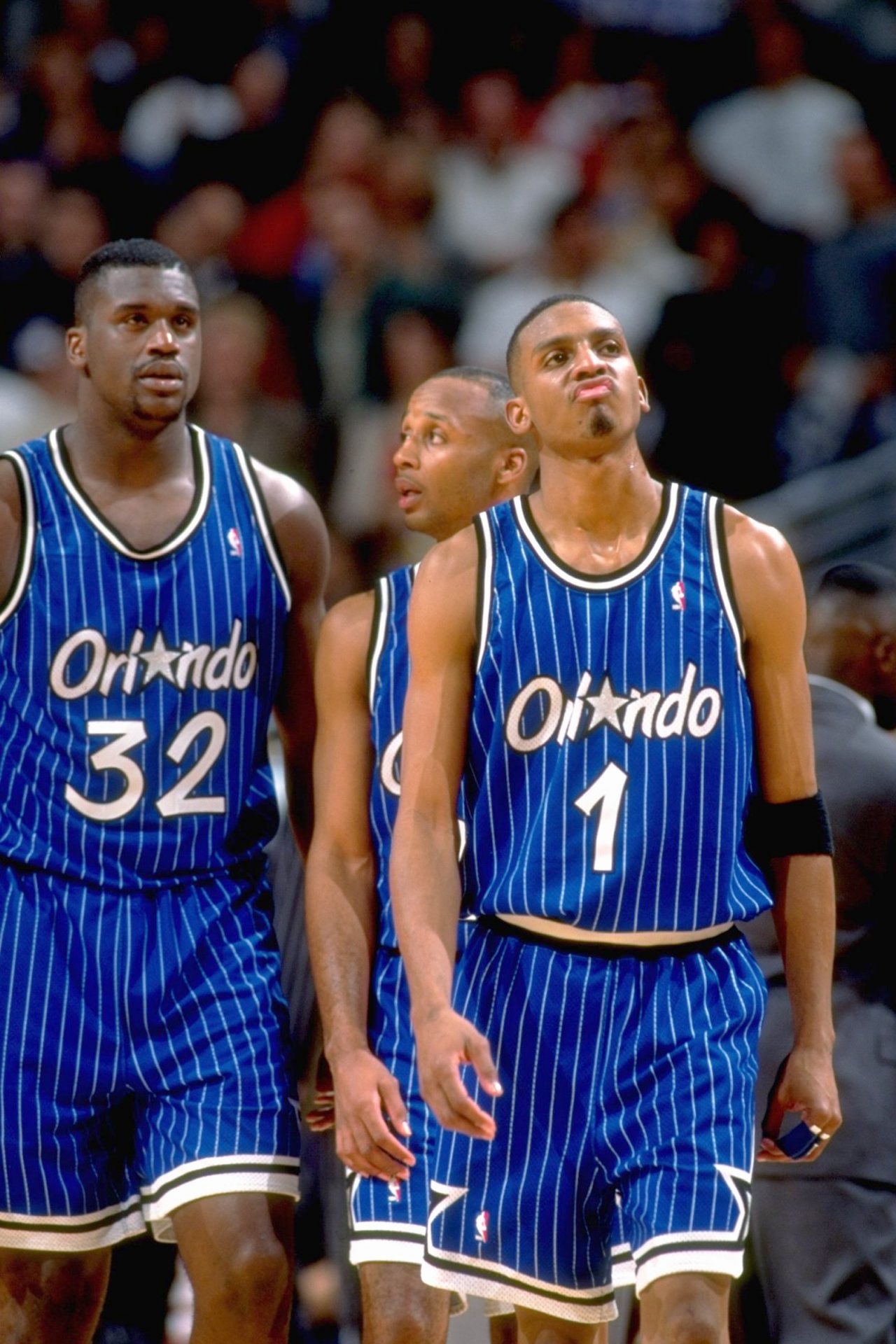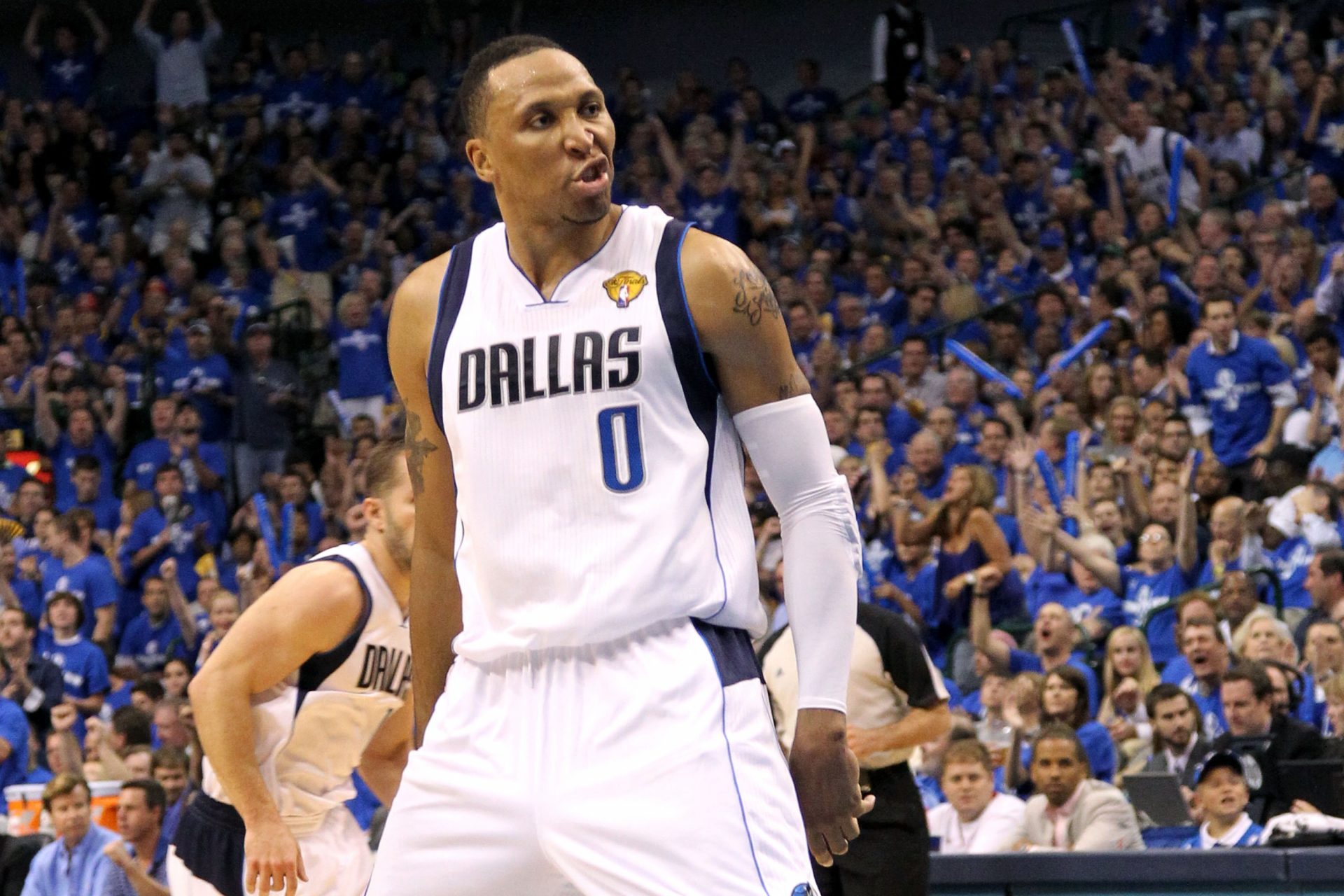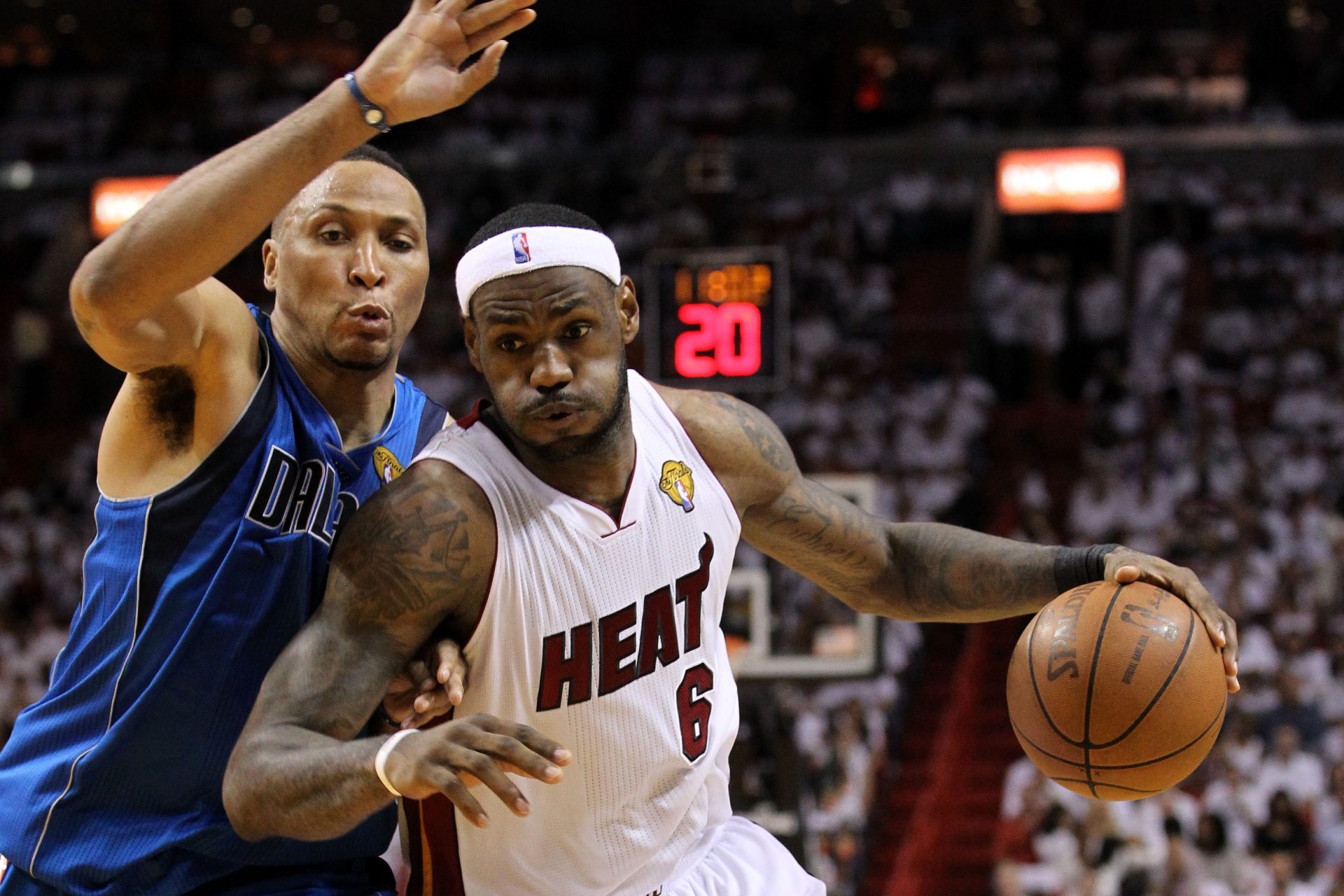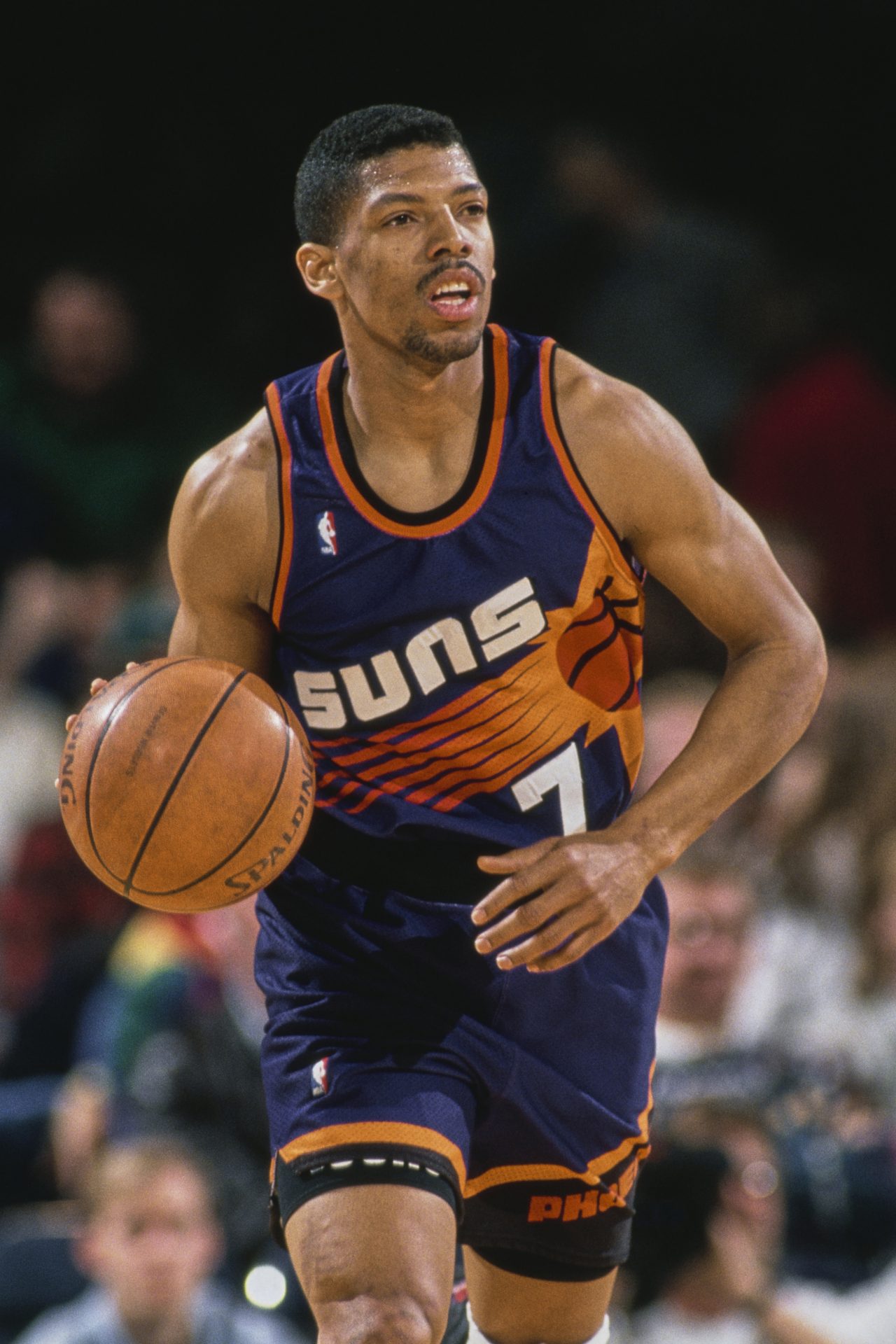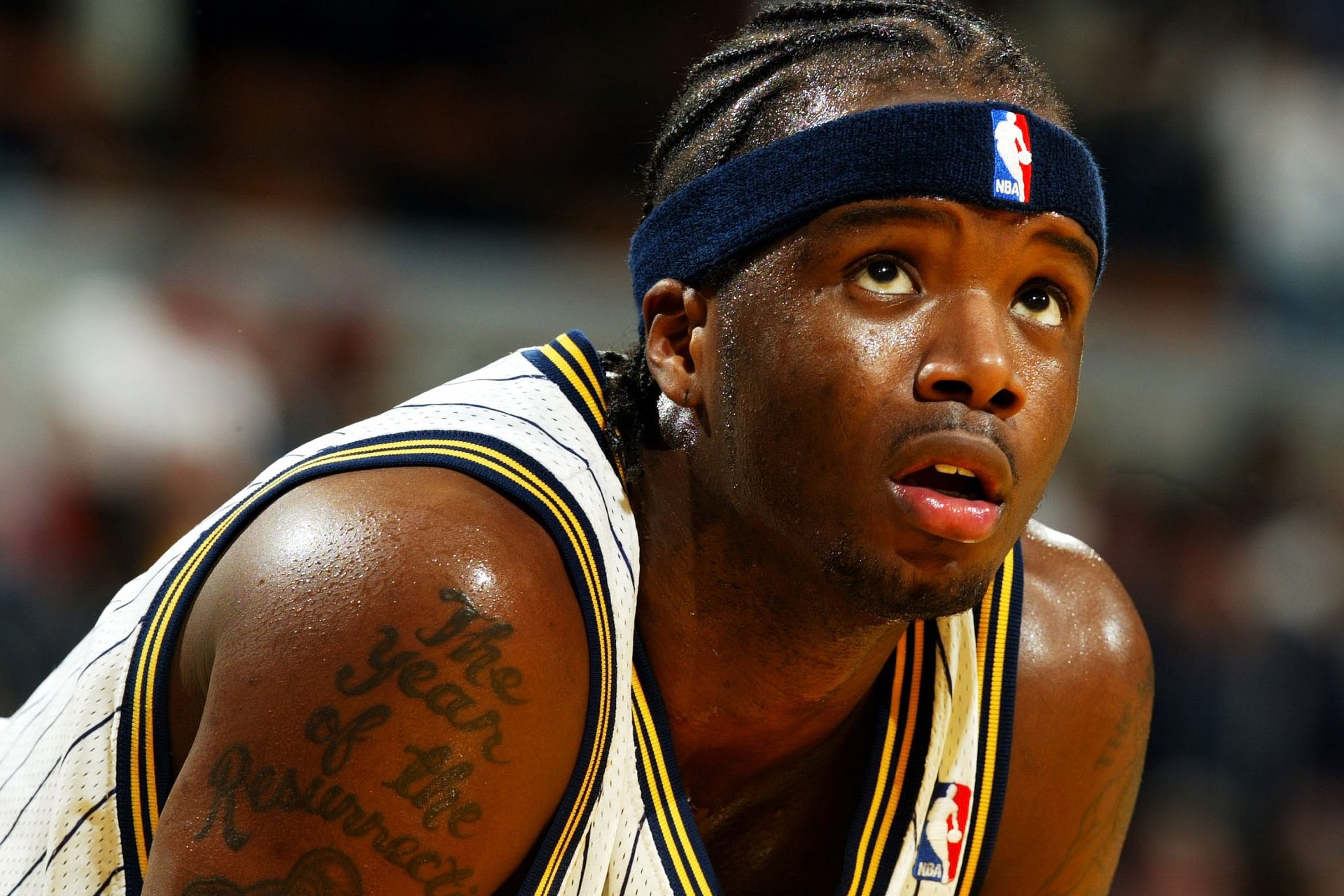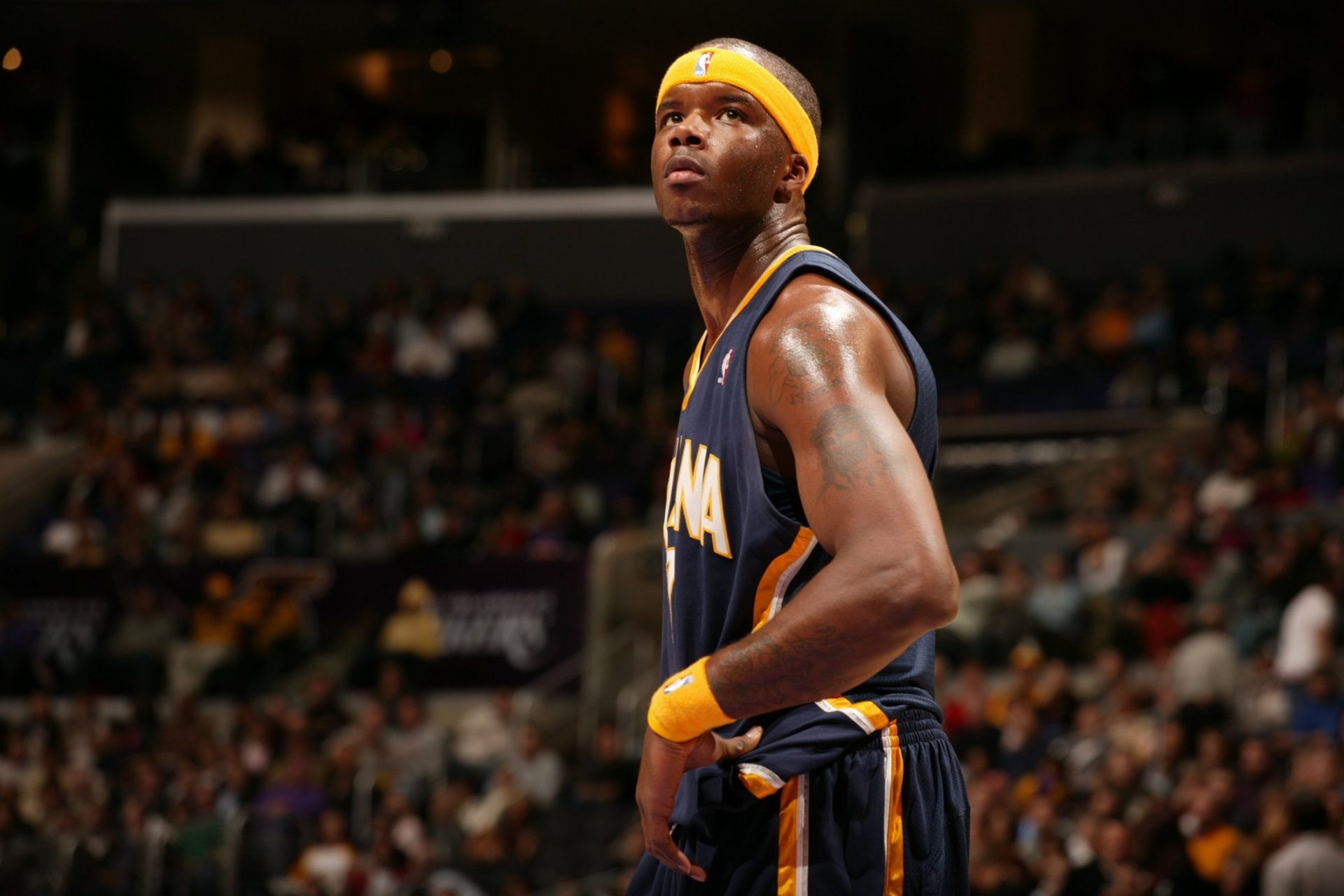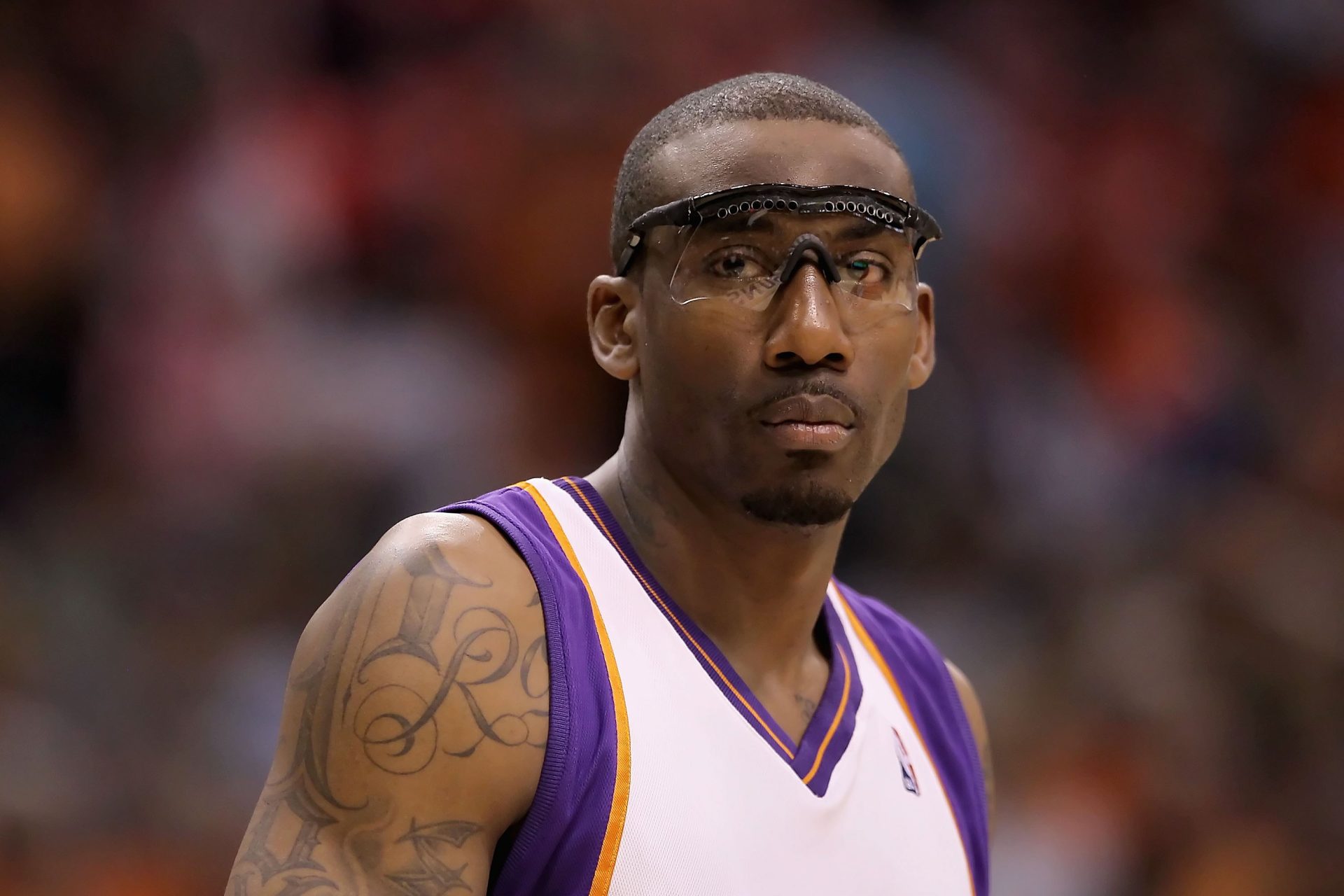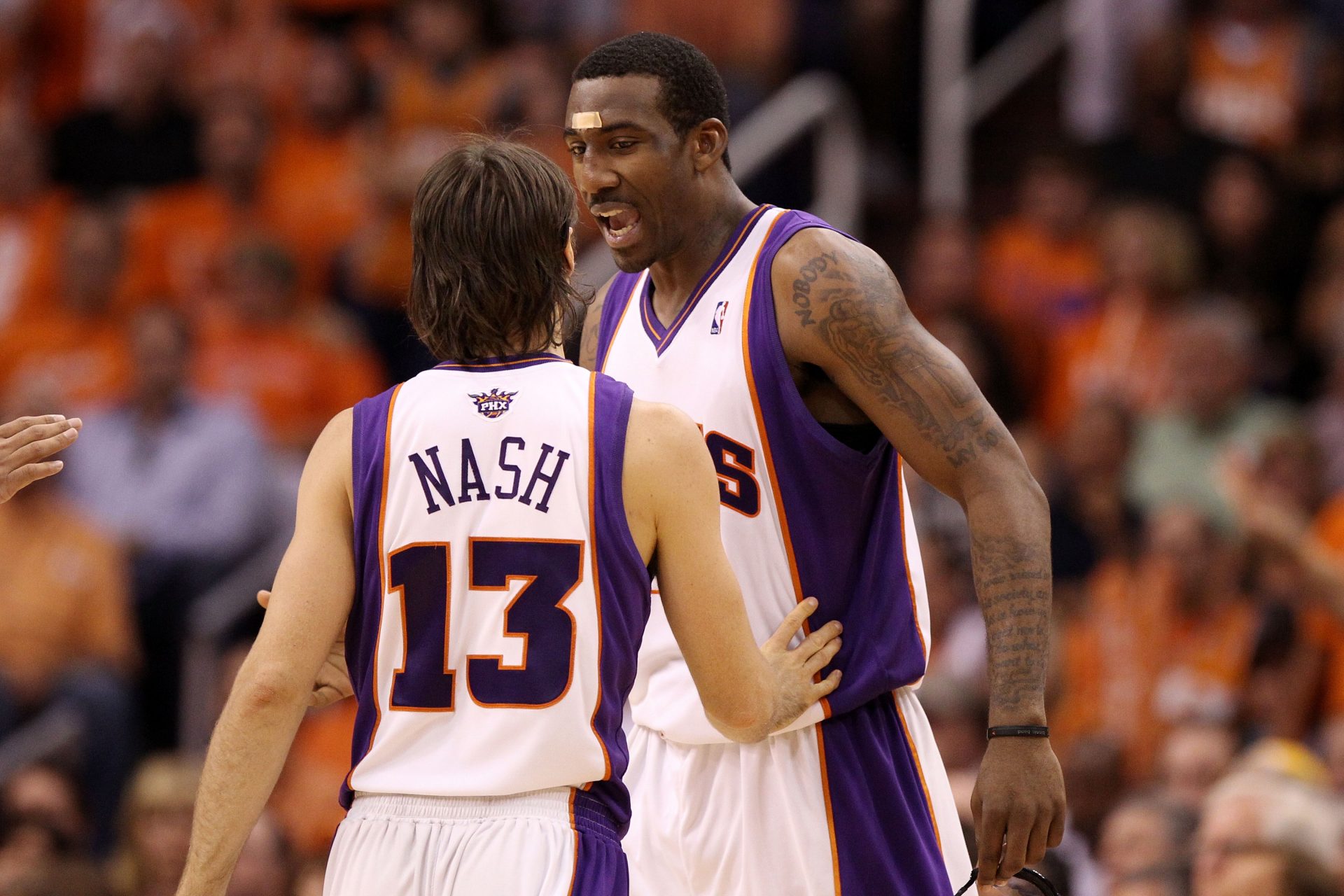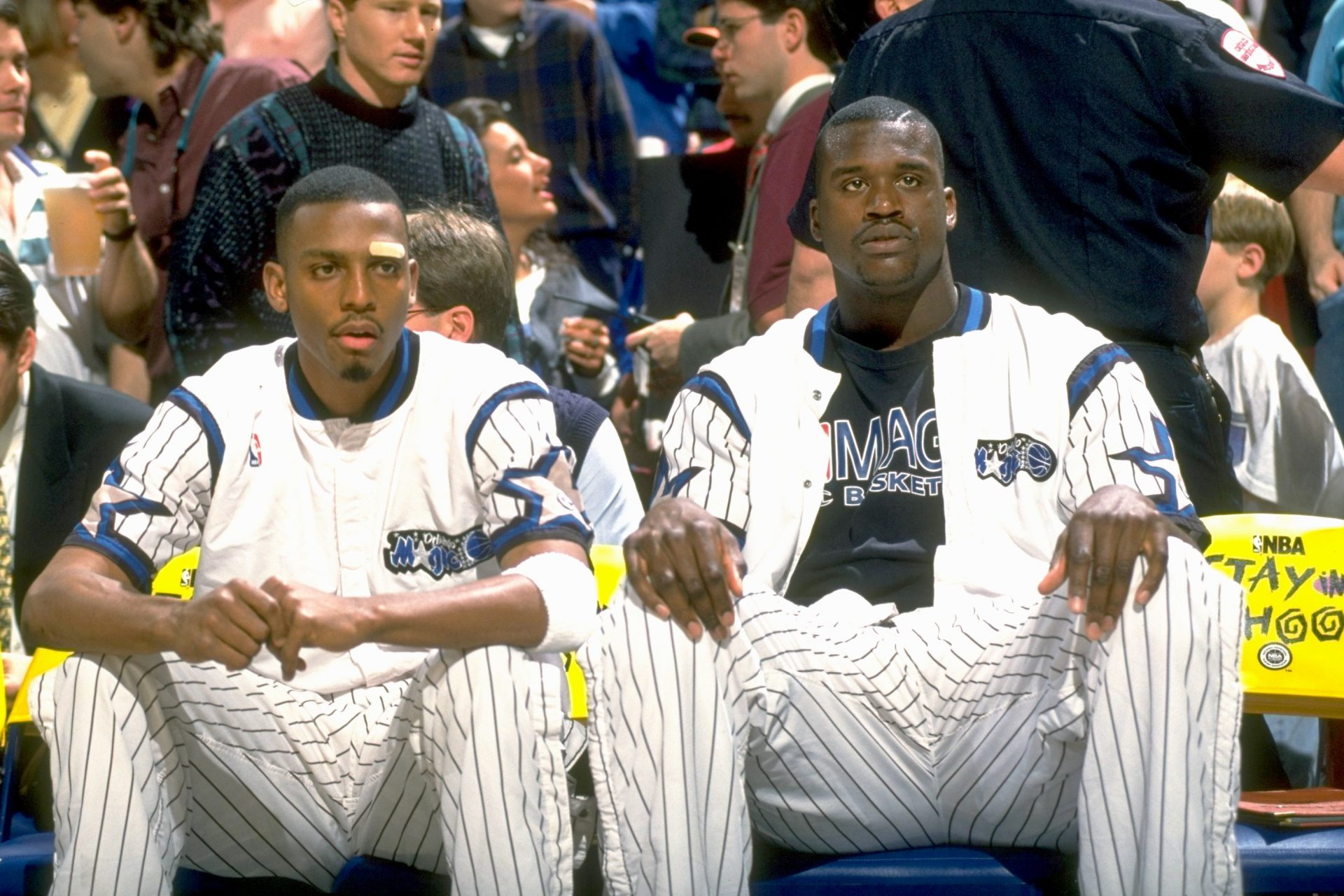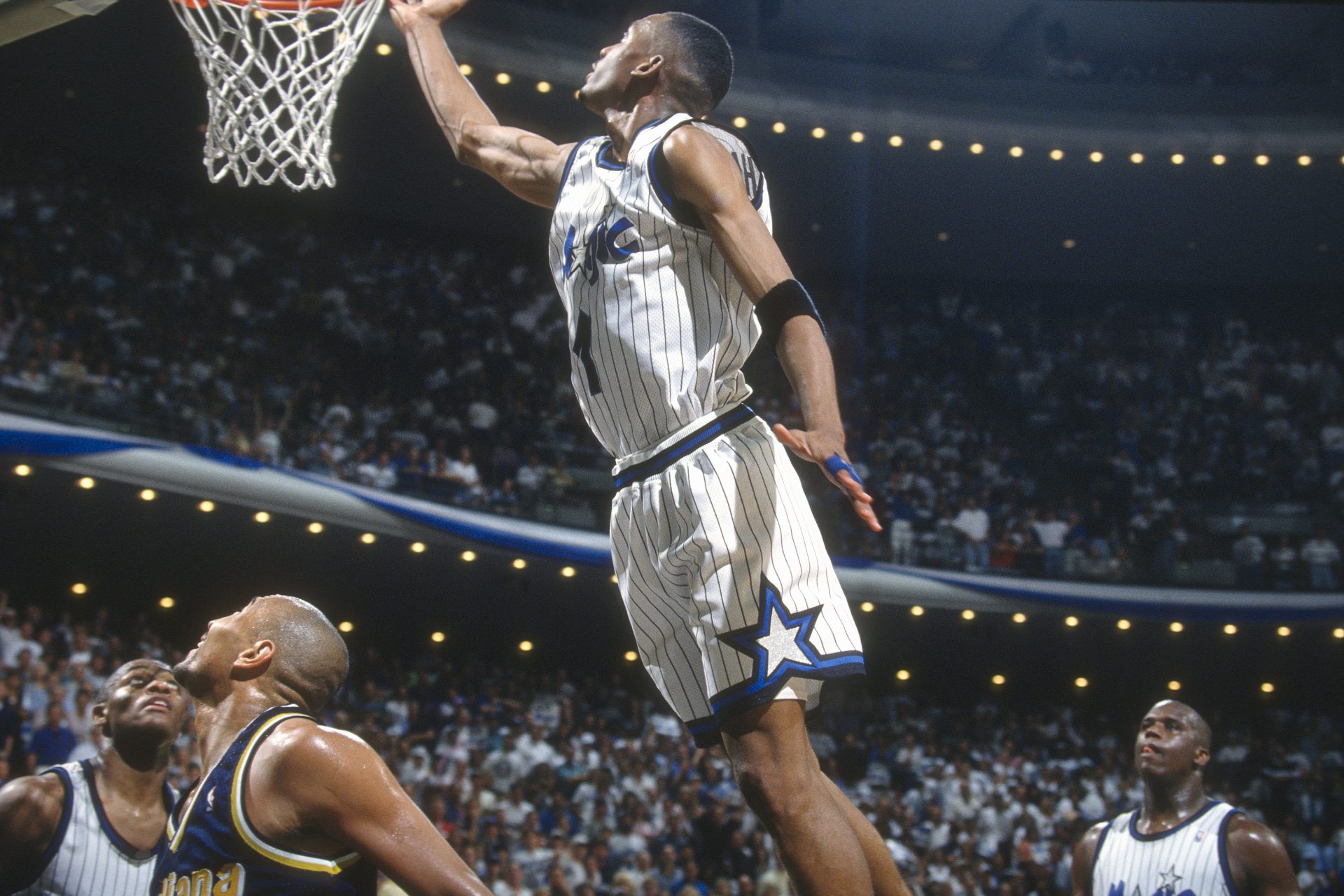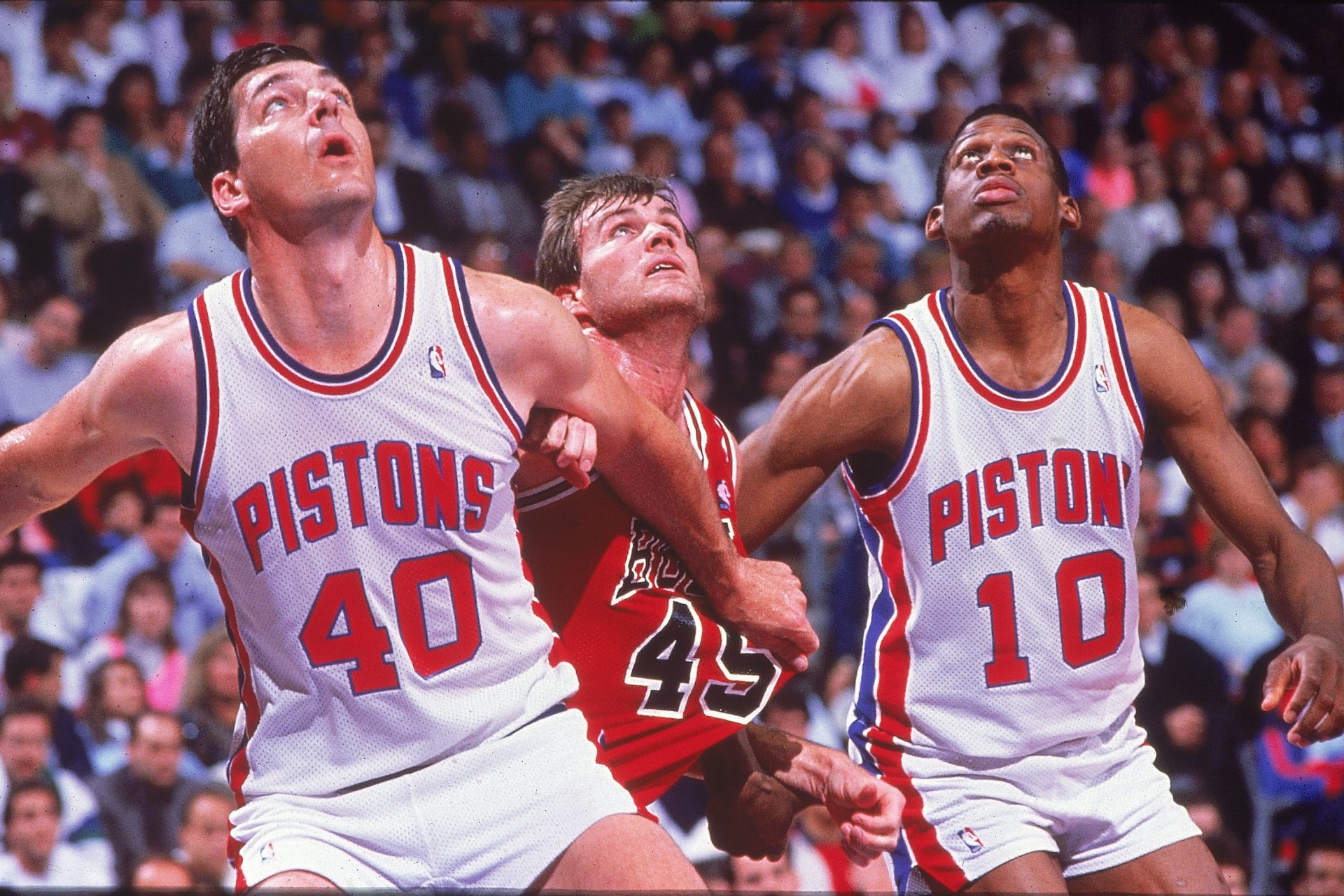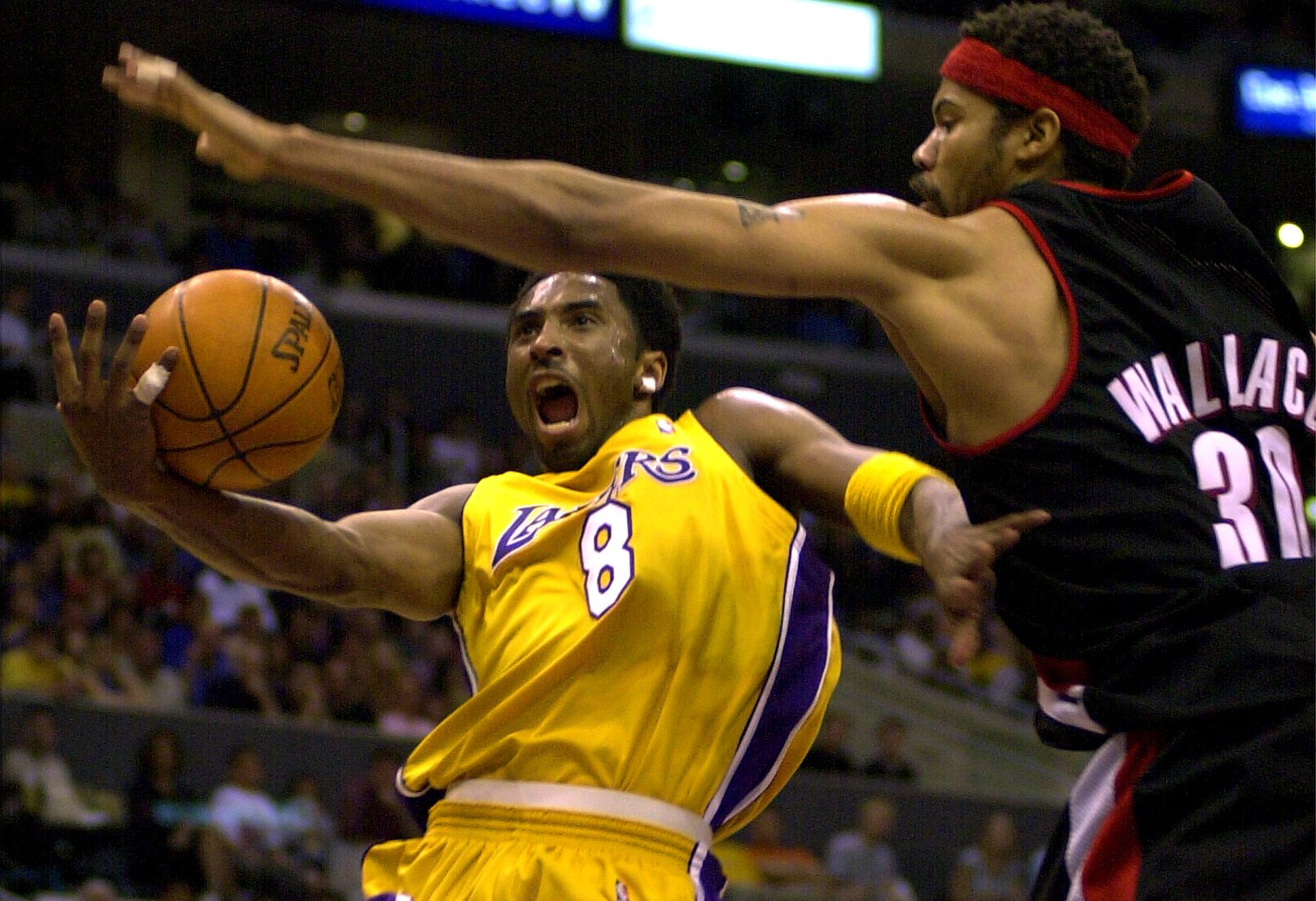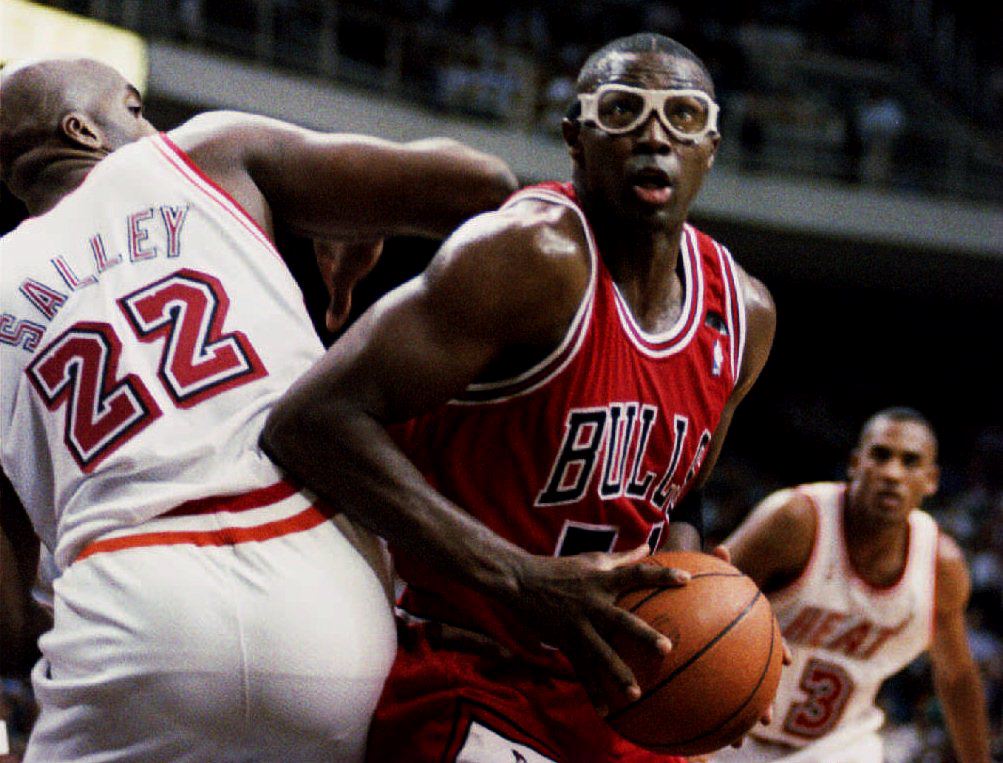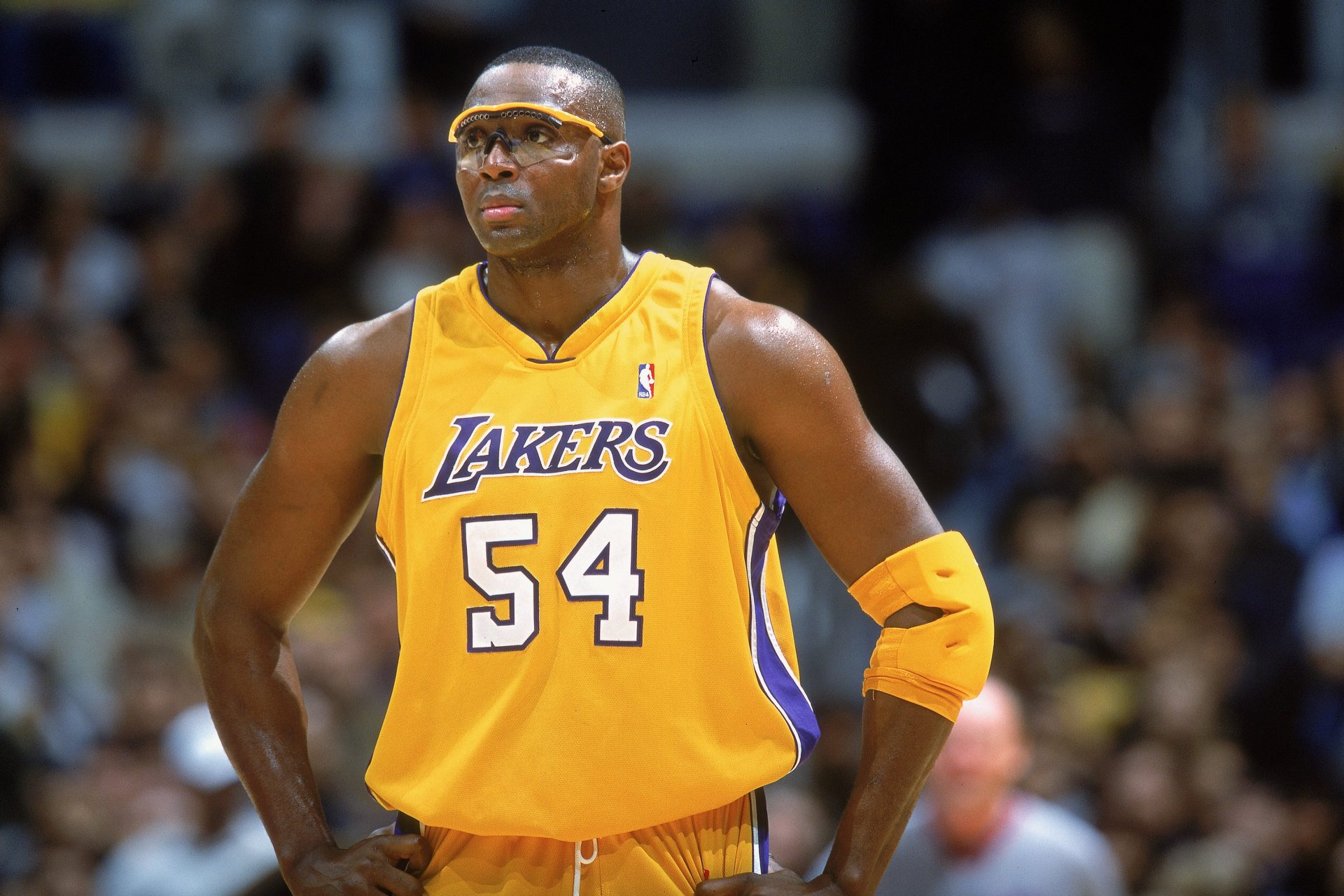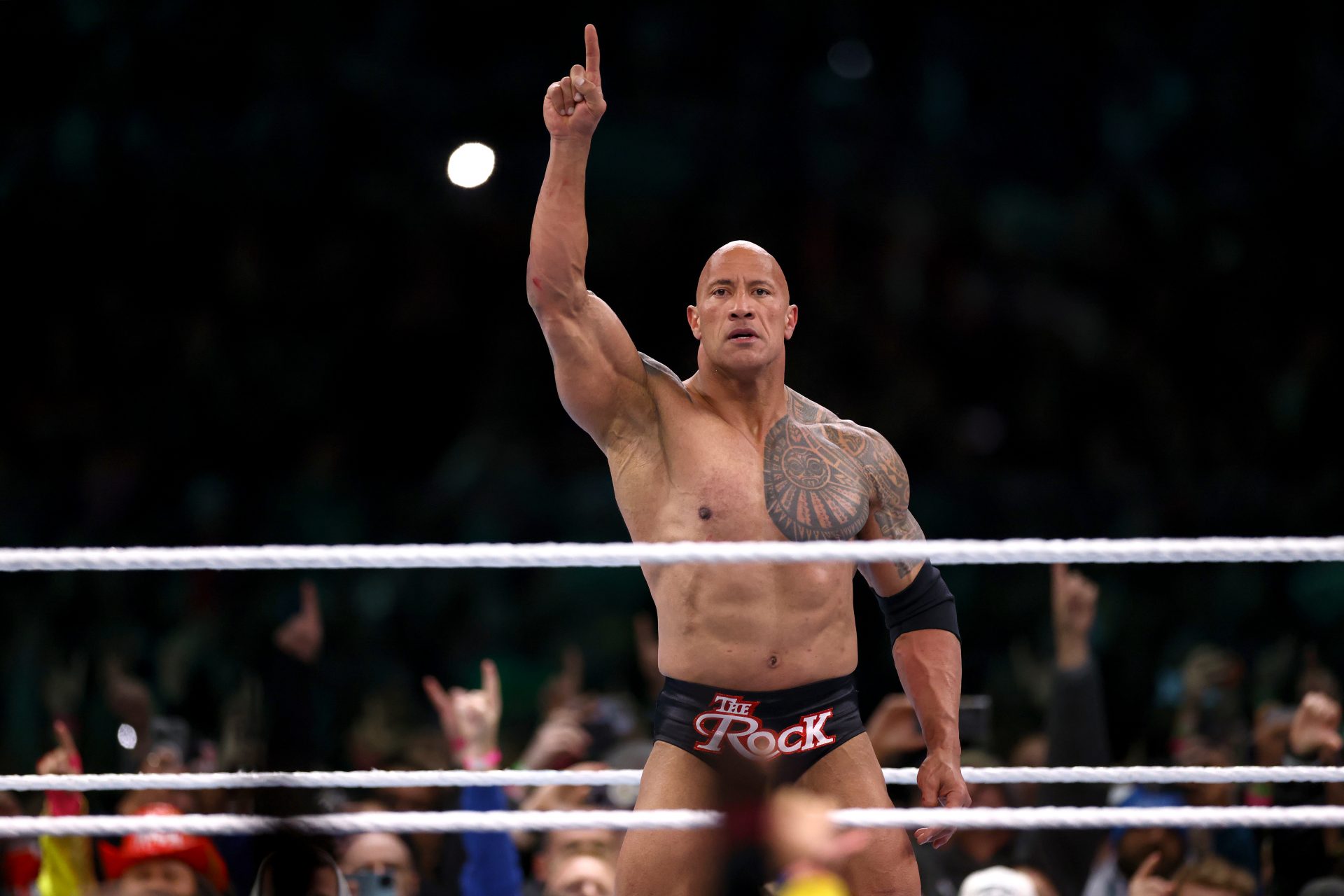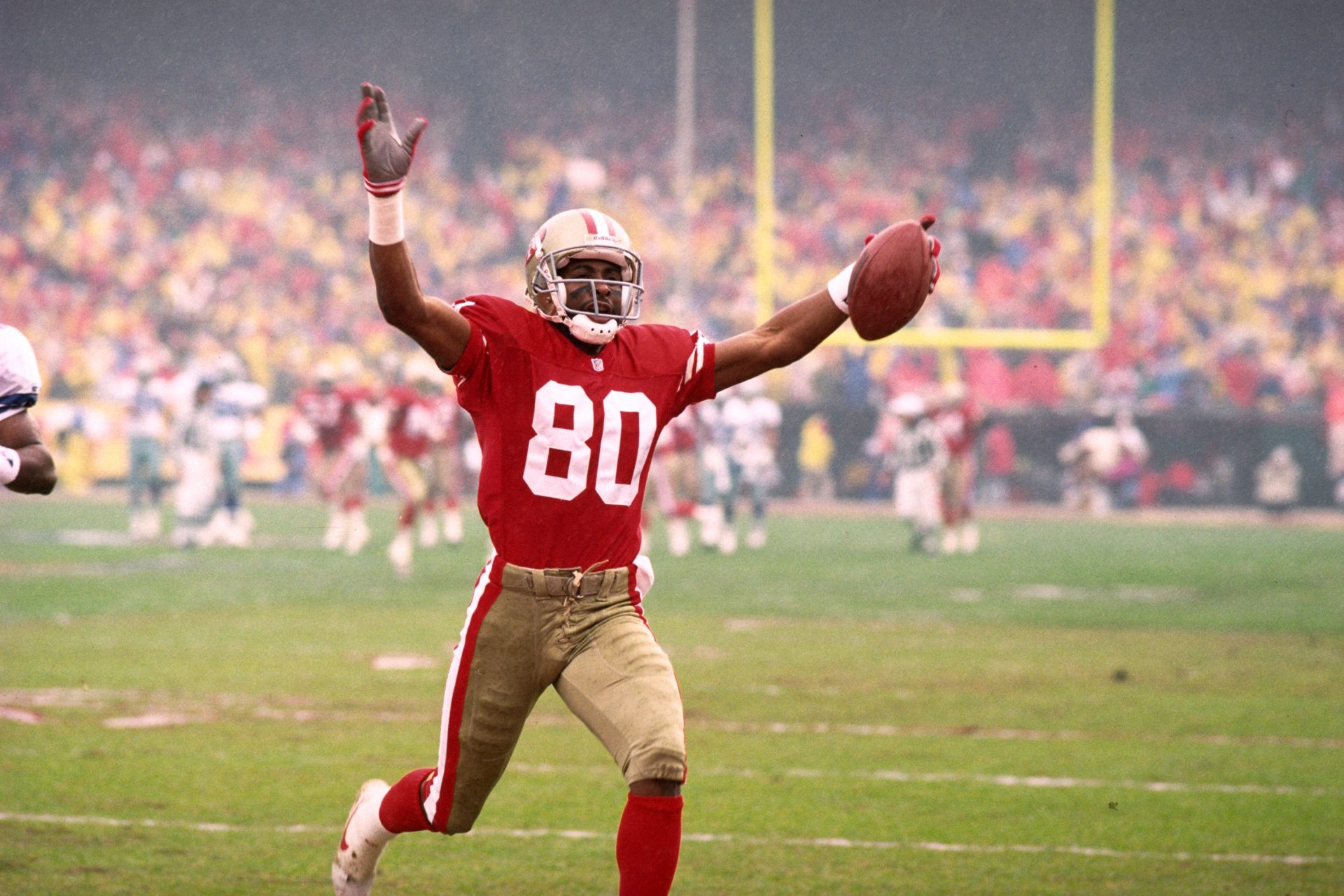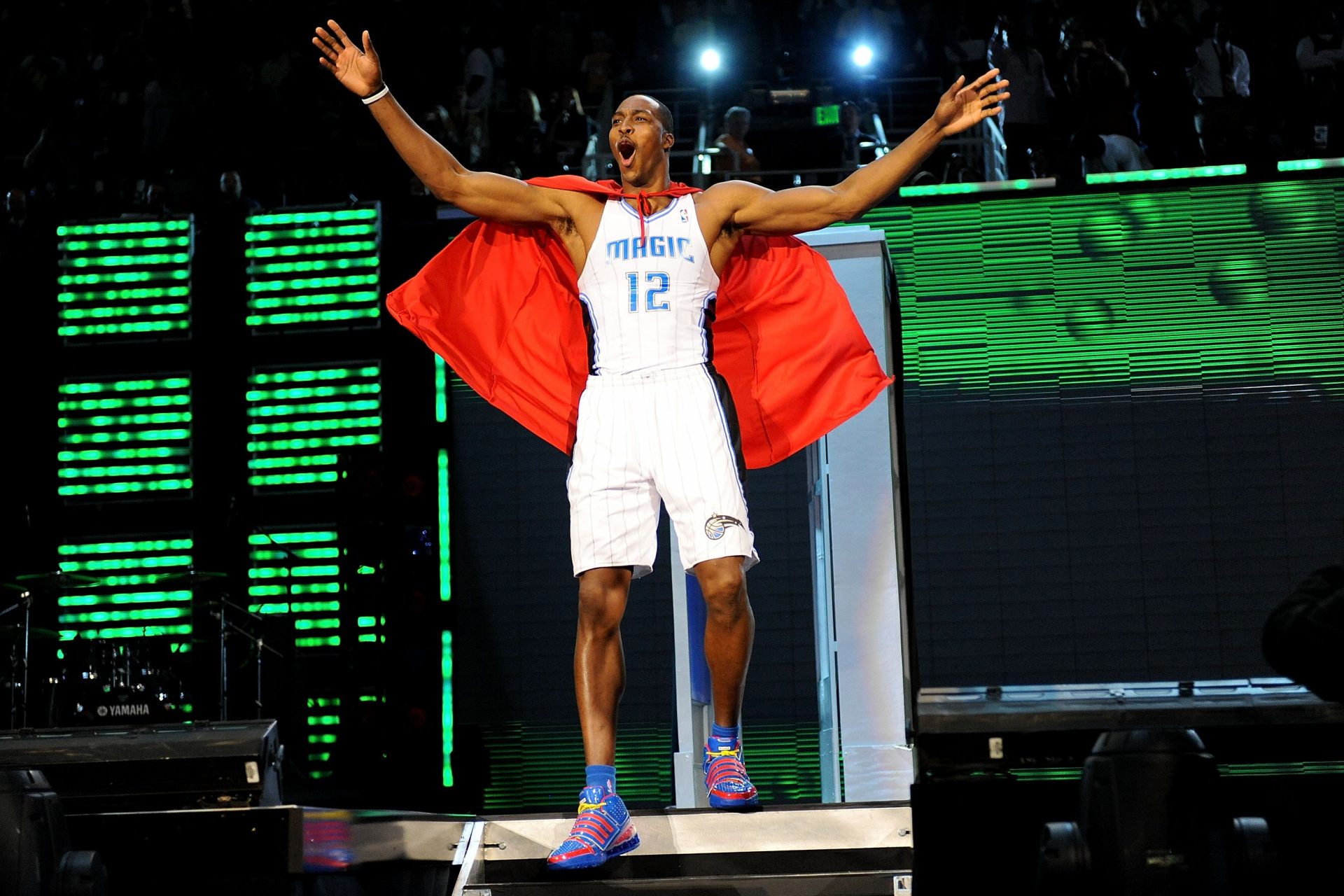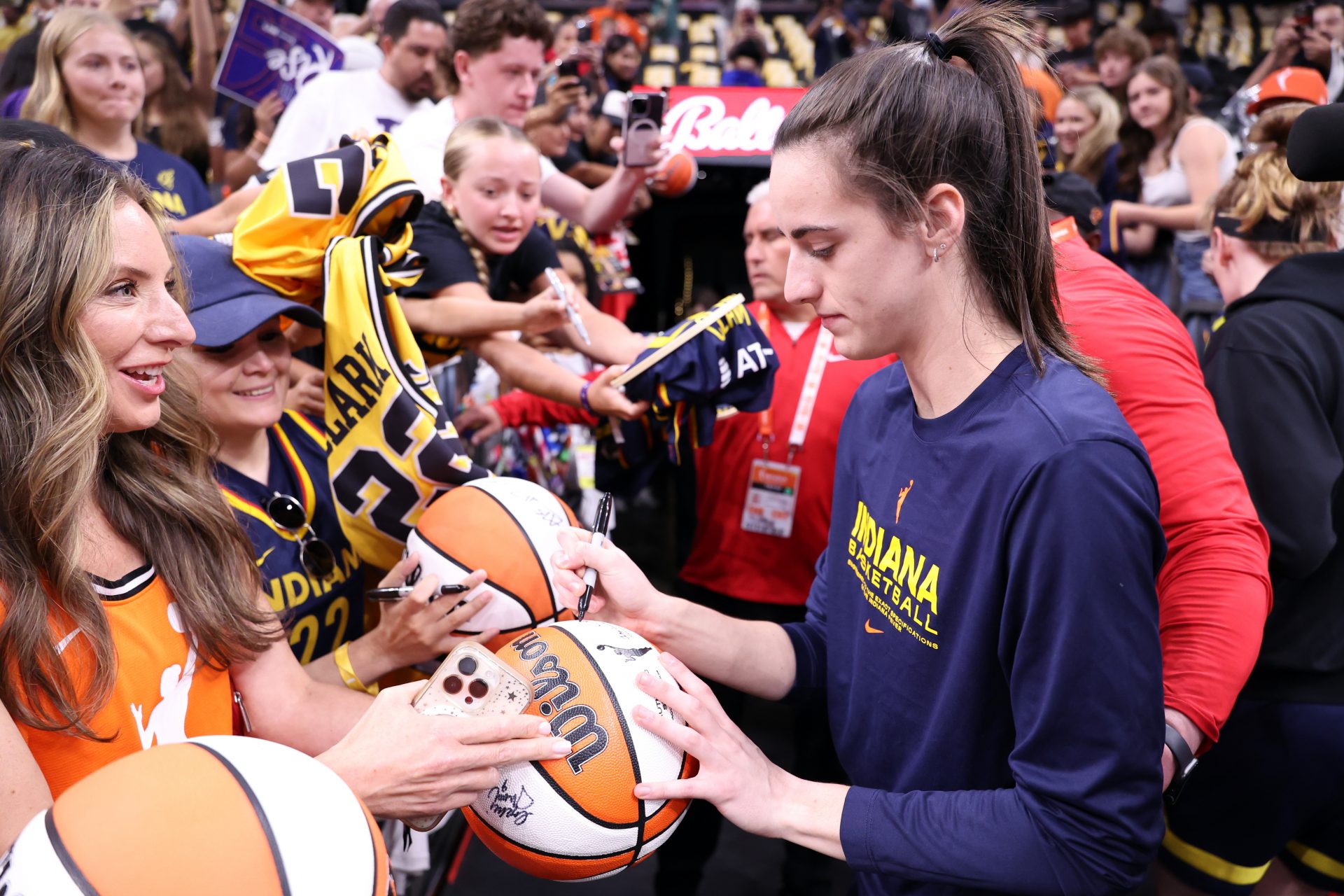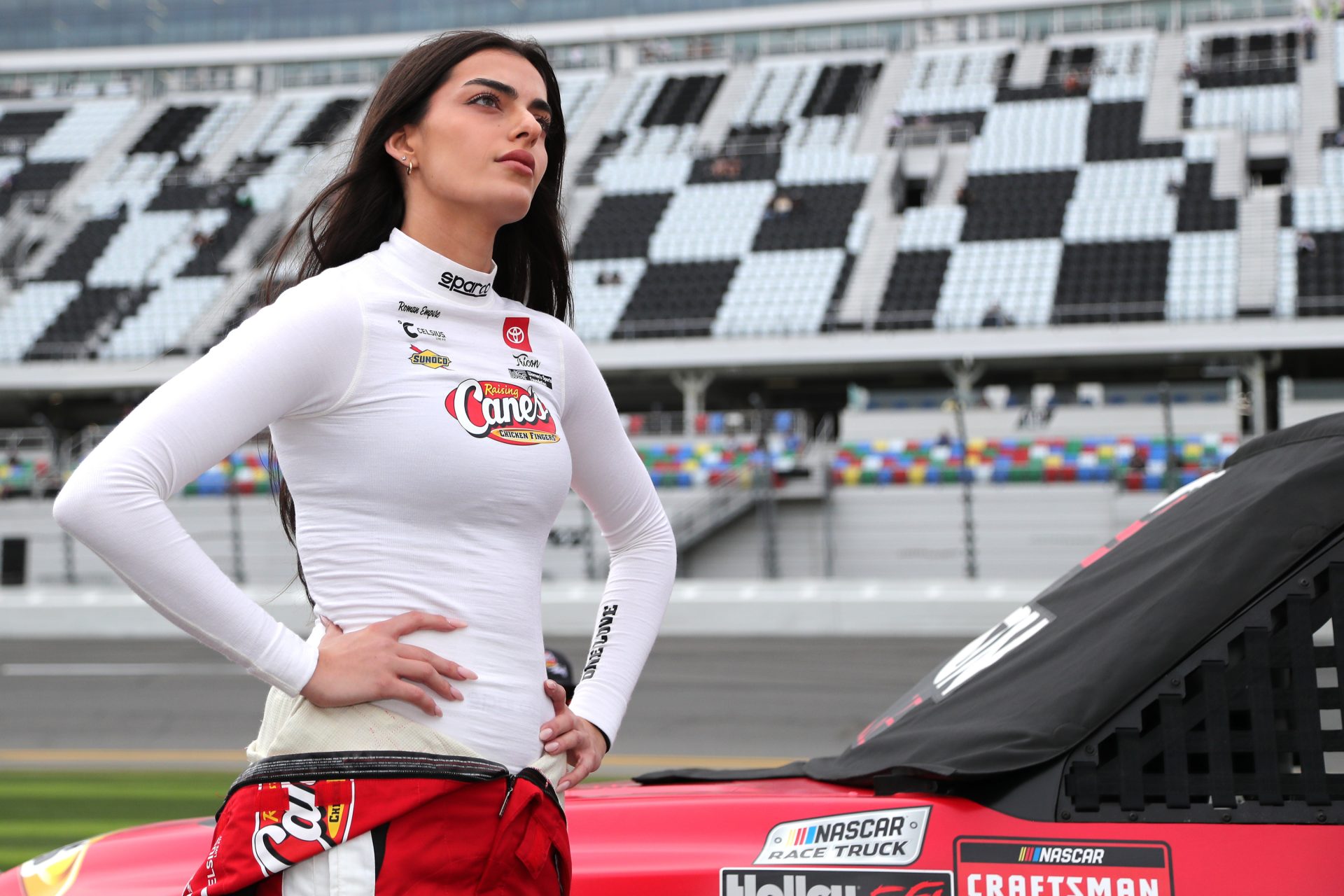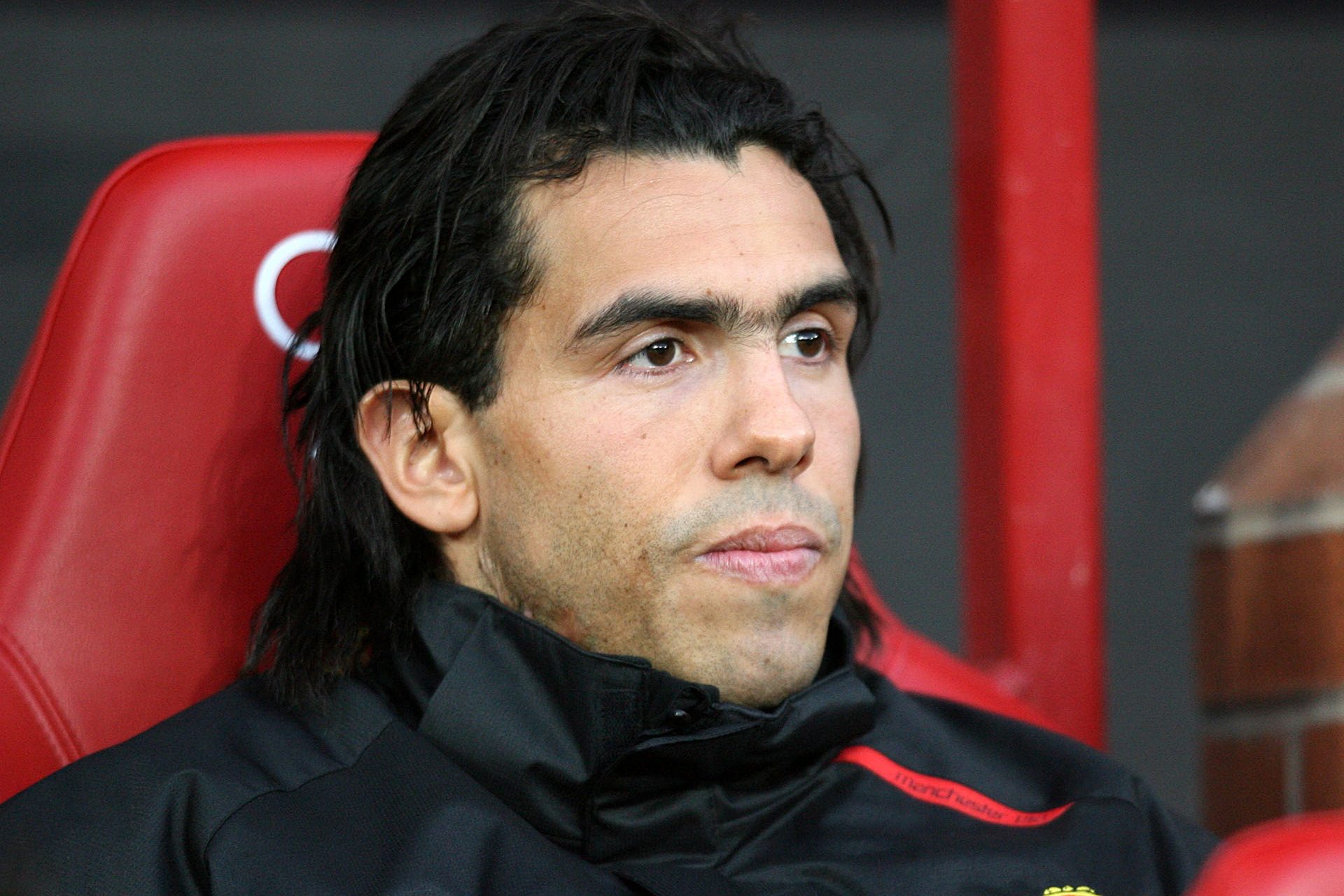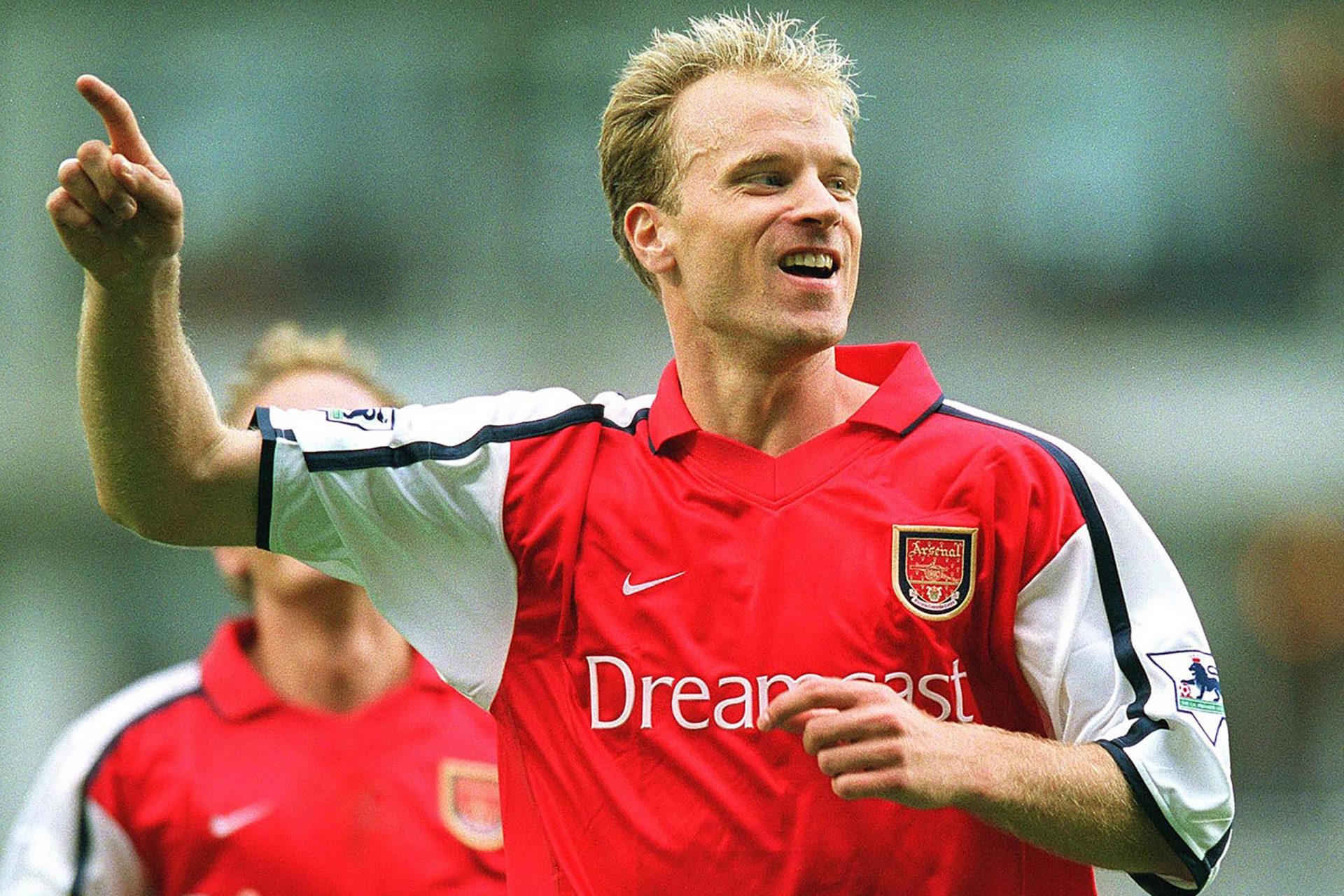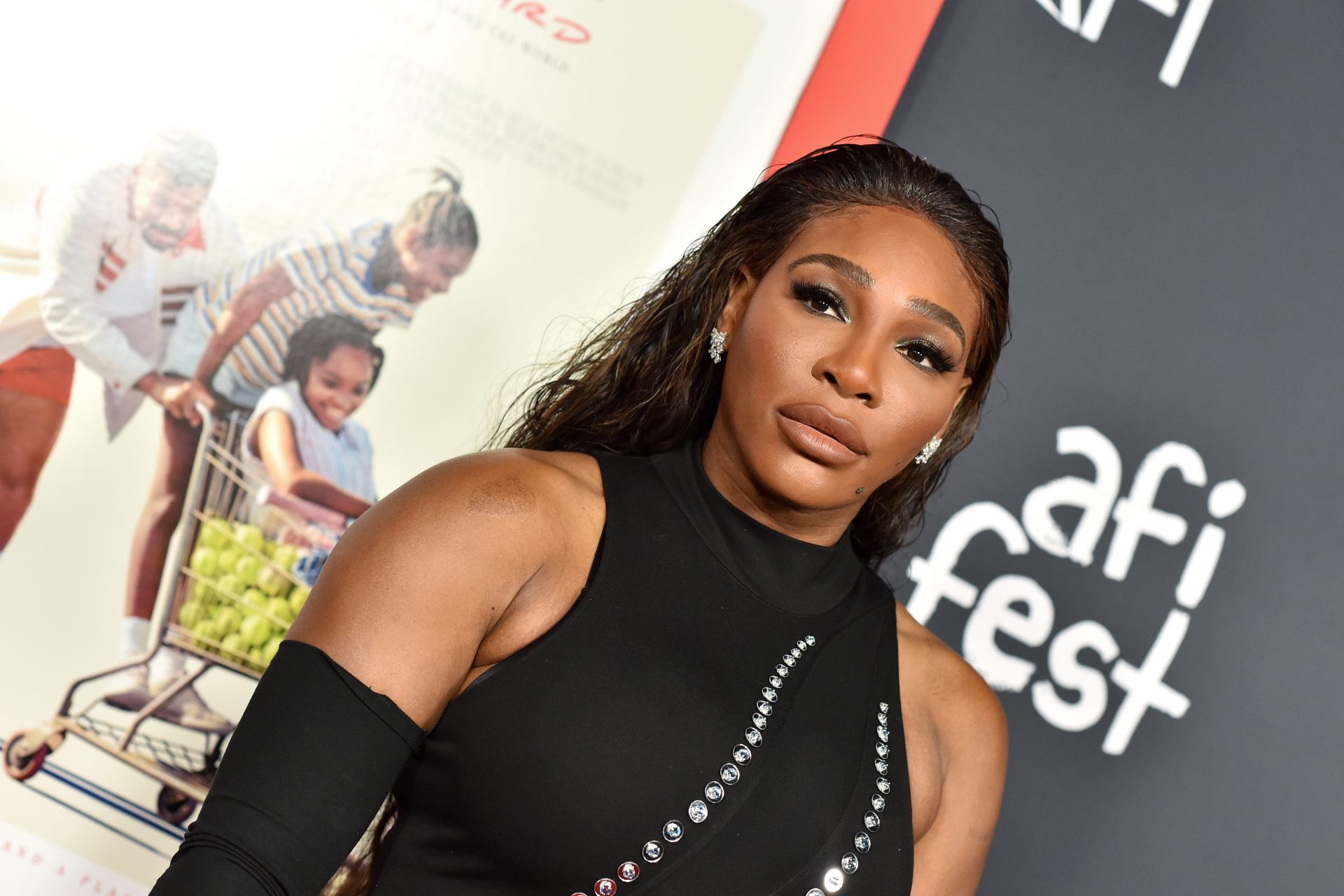The 10 greatest NBA players not to be inducted into the Naismith Hall of Fame
Entering the NBA is a significant milestone for any basketball player, but reaching the Naismith Hall of Fame is the ultimate achievement as it recognizes a player as one of the best to pick up a basketball.
The Basketball Hall of Fame is an exclusive club, meaning some of the best players in NBA history have not been rewarded for their exceptional talent during their careers. Here are some of the best who have not reached the Hall of Fame!
Shawn Marion was a unique player who could play on both sides of the ball and would have been an All-Star in any NBA era. Marion was a four-time All-Star, two-time All-NBA, and a champion with the Dallas Mavericks in 2011, starting all 21 playoff games.
Want to see more like this? Follow us here for daily sports news, profiles and analysis!
Marion was often tasked with guarding the opposition's best player, defending Kevin Durant, Kobe Bryant, and LeBron James in Dallas' title run. Between 2001 and 2008, Marion averaged 18.9 points, 10.3 rebounds, and two steals per game.
Seattle Supersonics legend Shawn Kemp is one of the greatest athletes the NBA has ever seen. The six-time All-Star was known for his ferocious dunks and frightening speed in transition. With Gary Payton, he formed one of the most formidable duos in the NBA during the 1990s.
Kemp earned three All-NBA selections and came extremely close to winning an NBA Championship in 1996, taking Michael Jordan's Chicago Bulls to six games. ESPN reports that Kemp was a remarkable athlete who averaged 14.6 points and 8,4 rebounds per game.
Kevin Johnson now works in politics, but he really wants that call to the Hall of Fame after boasting some spectacular numbers between 1989 and 1997. Johnson averaged 19.8 points and ten assists per game during those nine seasons, earning only three All-Star appearances.
Johnson was named to five All-NBA teams, making three consecutive between 1989 and 1991. According to New Arena, the 1989 Most Improved Player has a career average of 9.1 assists, the highest among all eligible players not in the Hall of Fame.
During the 2000s, Jermaine O'Neal was one of the best big men in the NBA, up there with Kevin Garnett, Tim Duncan, and Dirk Nowitzki. Between 2002 and 2007, O'Neal was selected in six straight NBA All-Star games, earned three All-NBA selections, and was the 2002 Most Improved Player.
Although he never won a title, O'Neal was part of some imposing teams, including the Indiana Pacers team in 2004, that should have won it all if it hadn't been for 'Malice at the Palace.' The same year, O'Neal finished third in the MVP race, beating Kobe Bryant and Shaquille O'Neal.
Want to see more like this? Follow us here for daily sports news, profiles and analysis!
Six All-Star selections, five All-NBA teams, and the 2003 Rookie of the Year in 15 years in the NBA screams Hall of Fame for Amar'e Stoudemire. However, Stoudemire was only healthy for half of those years.
Stoudemire created his legacy with the Phoenix Suns, having his no.32 jersey retired by the franchise after his long-standing and highly successful partnership with former two-time MVP Steve Nash. During his NBA career, he averaged 18.9 points and 7.8 rebounds.
The 1995 NBA Finals, 2002 Western Conference Finals, and 2005 NBA Finals all come to mind when thinking about 'Big Shot' Robert Horry. The seven-time NBA champion was never a superstar, but he played his role exceptionally well and came up with some of the biggest shots in NBA history.
Winning is paramount in the NBA, and with seven NBA titles, Robert Horry has won more than most other players. Horry played with some of the game's best, including Hakeem Olajuwon, Kobe Bryant, Shaquille O'Neal, and Tim Duncan. Each one appreciated his shooting greatness.
In the mid-1990s, Penny Hardaway and Shaquille O'Neal created one of the most unbelievable duos in NBA history. Hardaway led the way with his flashy dunks, clutch shots, and frightening speed in transition.
Hardaway was a four-time All-Star and made three All-NBA selections between 1995 and 1998. Hardaway led the Orlando Magic to the 1995 NBA Finals, but was swept by the Houston Rockets. Hardaway required knee surgery during the 1995-96 season, and he was never the same player.
Want to see more like this? Follow us here for daily sports news, profiles and analysis!
Bill Laimbeer was a fearless competitor and the main enforcer during the 'Bad Boy' Pistons' rise to the top of the NBA in the late 1980s. Laimbeer was a gifted passer and screener with a solid jump shot, allowing Detroit to play through different offensive sets because of his skill.
The Pistons center was a vital cog in Detroit's two NBA Championships in 1989 and 1990 and was awarded four NBA All-Star selections. His Detroit team revolutionized NBA defending, and Laimbeer was at the forefront.
Rasheed Wallace was an offensive force in the NBA during the 2000s, battling the best power forwards of the Western Conference. The four-time All-Star was unstoppable on his day and was the X-factor on some of the best teams in the 21st century.
Wallace was arguably the best player on Portland's team to reach the Western Conference Finals in 2000. He was also the star man in Detroit's shock NBA Finals win in 2004 over Shaq and Kobe's LA Lakers team. He played 17 years in the NBA, averaging 14.4 points.
Forward Horace Grant was the third string in the Chicago Bulls' first three-peat between 1991 and 1993 behind Michael Jordan and Scottie Pippen. Everywhere Grant went, success followed, having reached the 1995 NBA Finals with the Magic and winning the 2001 title with the Lakers.
Despite being a pivotal contributor to championship-winning teams, Grant has won very few individual accolades, subsequently harming his Hall of Fame case. He was an All-Star in 1994 and four-time All-Defensive Second Team. In his career, he averaged 11.2 points and 8.1 rebounds.
Want to see more like this? Follow us here for daily sports news, profiles and analysis!
More for you
Top Stories



